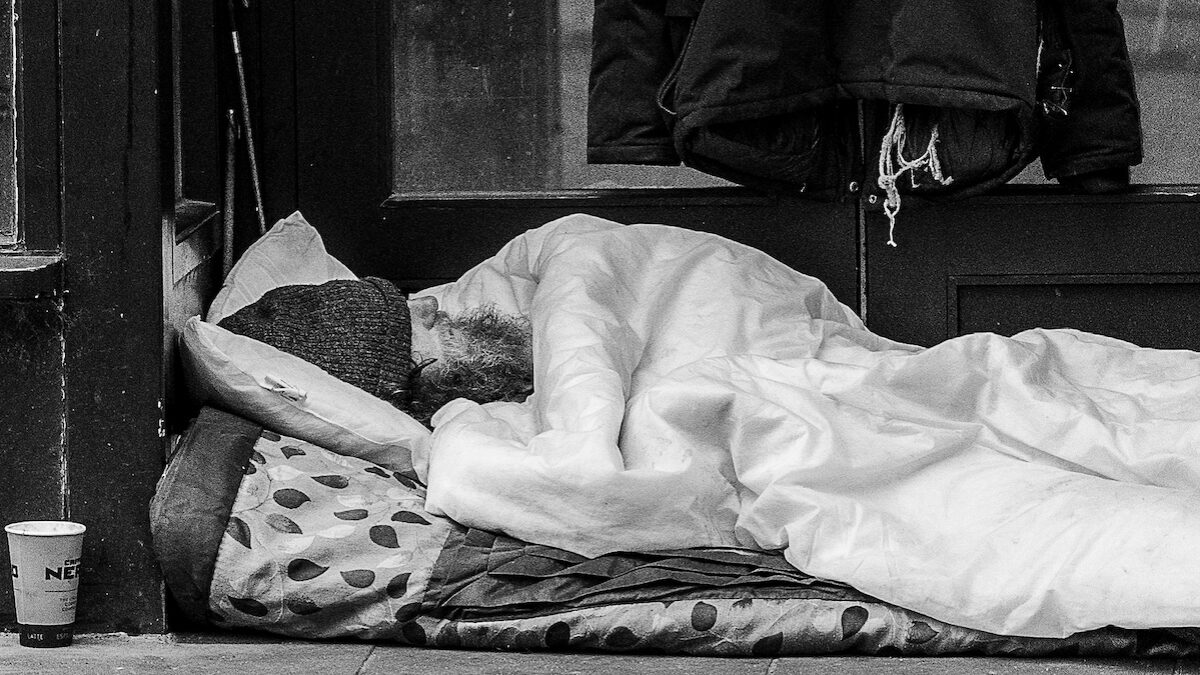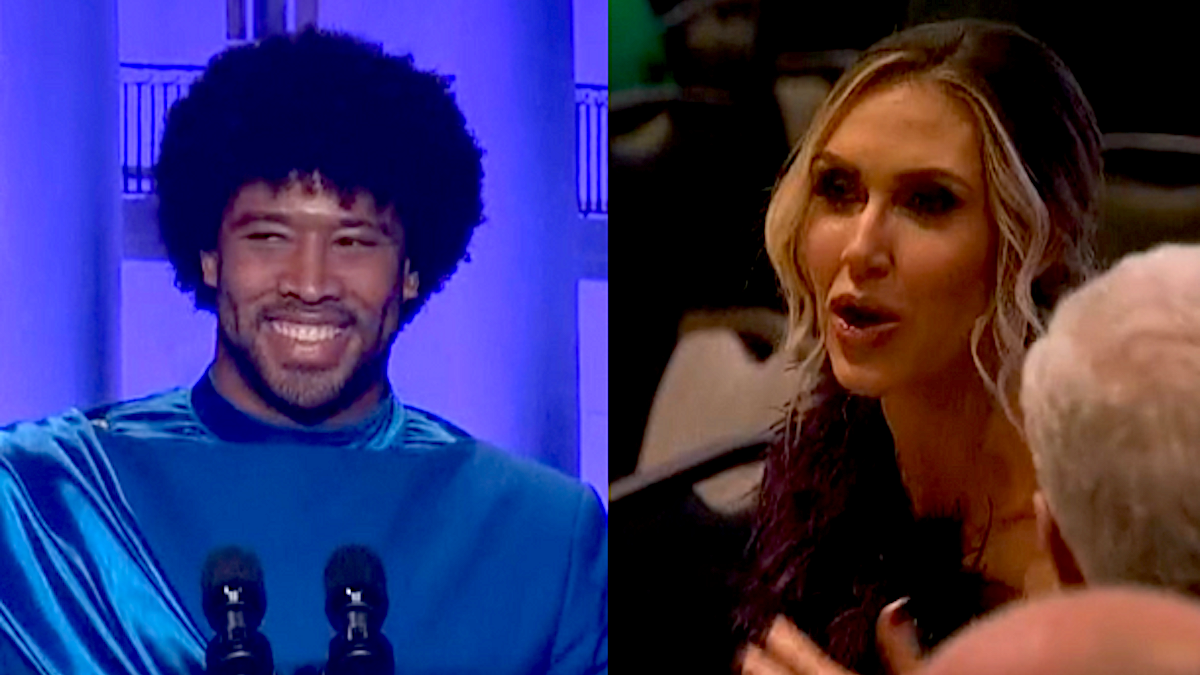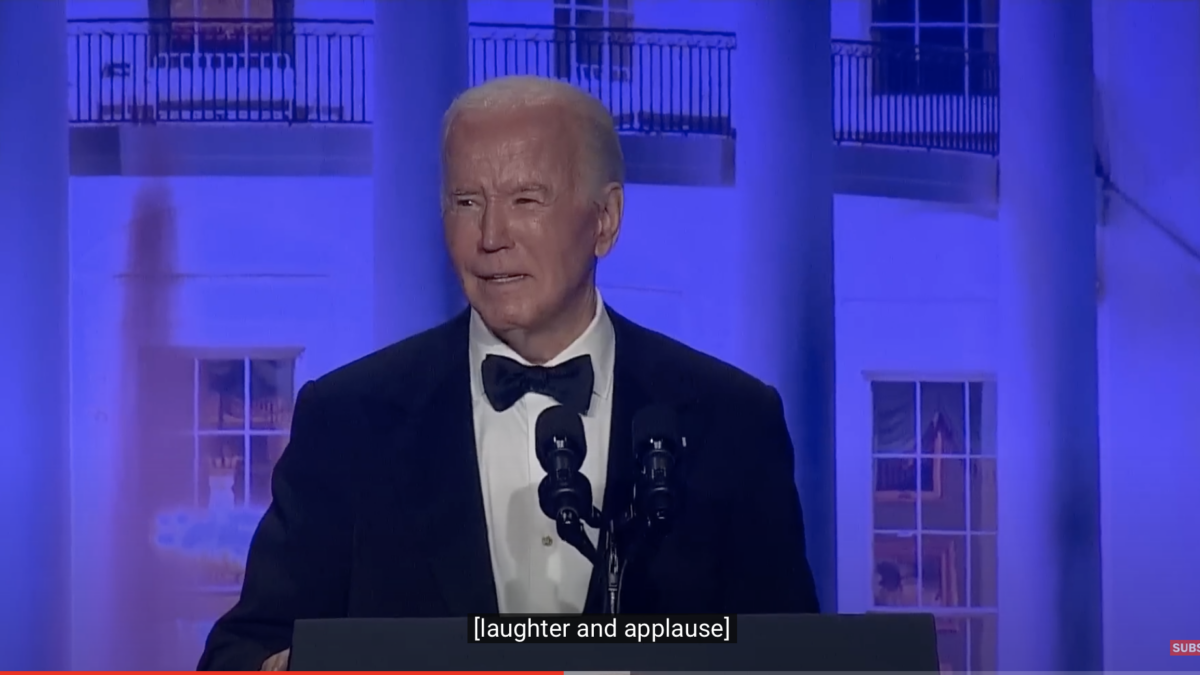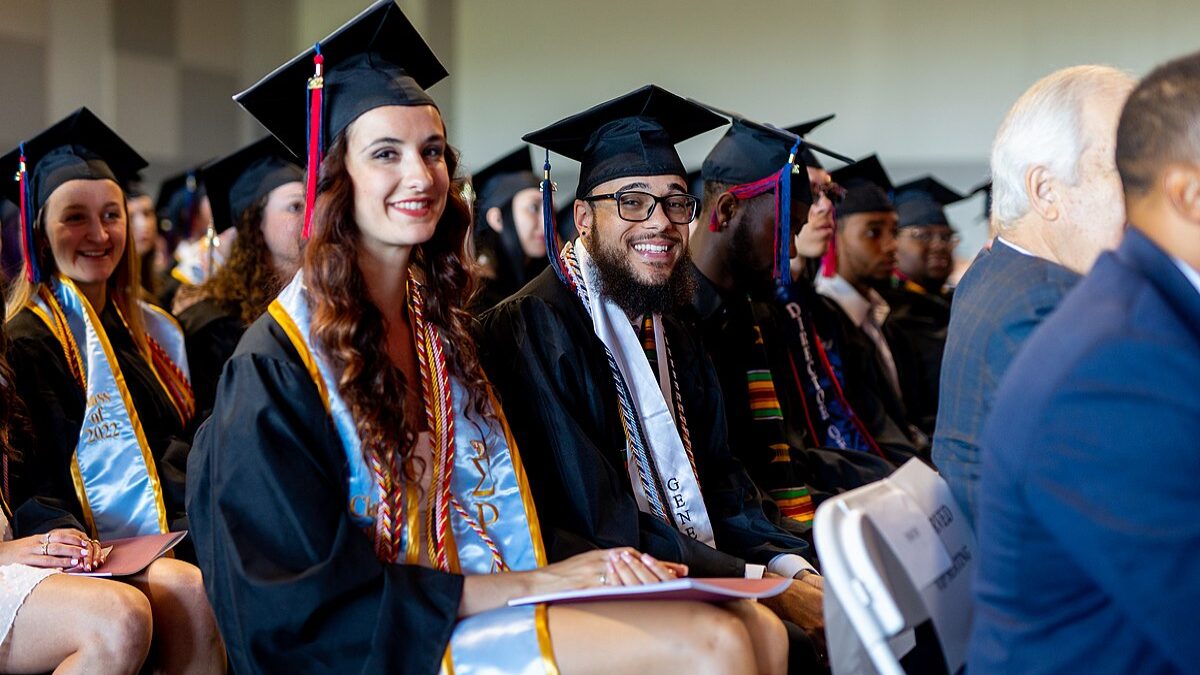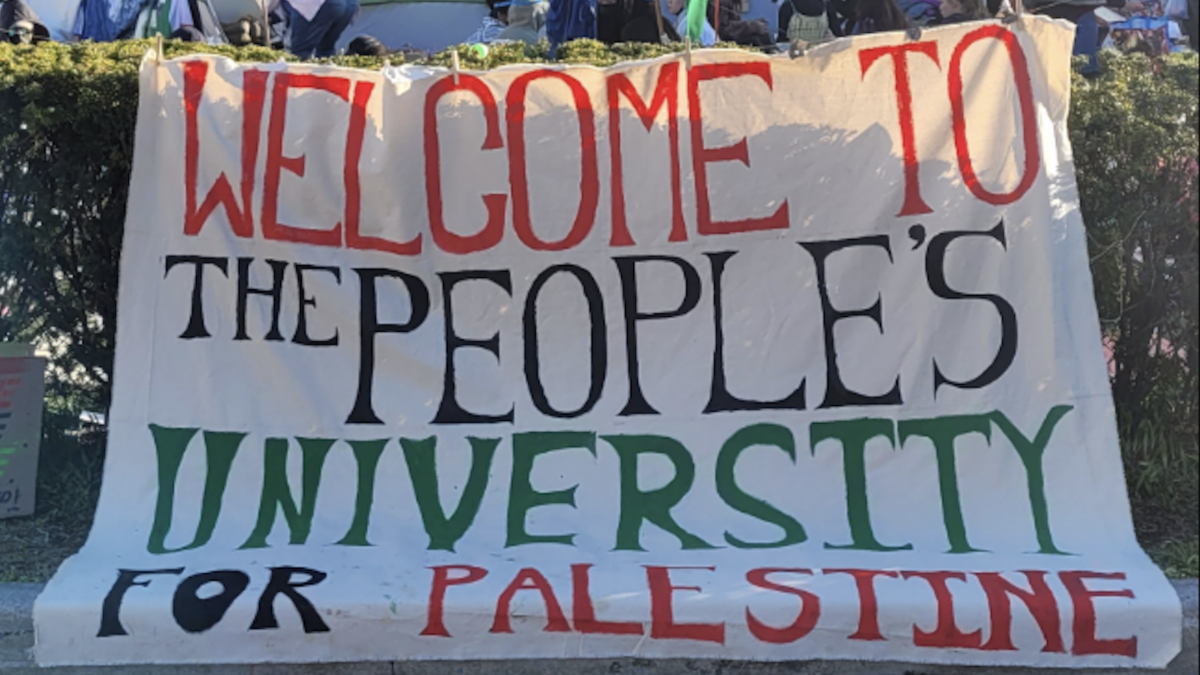
I never knew how my grandmother voted. Nor did I know my grandfather’s political preferences. Both were regular voters. He was eligible to vote in 11 presidential elections. She lived longer and could vote in 16 of them. Maybe they discussed their choices with each other, but they never told anyone else, nor did they give in to the multitude of questions from a young grandson who was fascinated with politics.
One year, my grandmother told me that she and my grandfather had voted for different candidates — that was as close to an answer as I ever got. It was not that they were especially secretive. Their silence came from respect for an idea that is increasingly fading in America: the secret ballot. In a society increasingly transfixed on public performance, the act of voting has become almost secondary to telling everyone how you voted.
For their part, the news media have built up an industry based on this, constantly polling the public on their electoral preferences and publishing stories based on the results — creating the news, rather than reporting on it. Going forward, the solution is simple: when people ask who you’re voting for, tell them to mind their own business.
Our Voting Process Is Cheapening
Voting was not always a private act. Voters used to have to bring their own ballots to the polling station. Shocking to our modern notions, these were usually printed by the political parties or newspapers associated with them. The parties often printed them on different colored papers, so that even when folded to conceal the names, the voter’s loyalties remained public. Predictably, this frequently led to voter intimidation, both to keep one’s own voters in line and to harass those of the opposite party.
After the Civil War, ballots became more uniform and by the end of the nineteenth century, the secret ballot (sometimes called the “Australian ballot”) became more widespread. The 20th century that followed marked a golden age for the secret ballot, but in our time, the practice has degraded.
Attacks on the secret ballot come from all directions, some nefarious and some accidental. Absentee balloting fixed the problem of people being out of town on Election Day, but it introduced a chain of people who would have custody of voters’s ballots between them and the ultimate tabulation. It also gave rise to so-called “ballot harvesting,” of the kind that led invalidating a 2018 election in North Carolina. The practice still exists in many states, and House Democrats tried to make it a nationwide practice in their latest election bill.
While it began with good intentions, absentee balloting soon led to no-excuse absentee balloting and, now, to mail-in balloting. Again, the reasons for the change were mostly benign, if also calculated to gain a partisan edge, but the result is that the secret ballot is less safe and less secret. All of the extra steps involved create points where election security may be compromised.
Obsessing Over Polls Hurts the Secret Ballot
Even before the ballots are cast, Americans are frequently asked for whom they will vote. And I do mean frequently. Every day in an election year, at least one new poll is reported. National polls, state polls, issue polls — they all lead to a flow of information that is ready-made for a news story.
Polls have become an easy (and lazy) way of creating news. Plenty is going on in the world already, with countless actual events transpiring in real-time, but instead of hearing about that, we get stories about what people say might happen in an election a few months away.
It’s easy to see why campaigns conduct polling. They want to see how they’re doing and which issues they should emphasize to gain more support. But polling adds nothing to the discourse. Like the endless mock drafts on ESPN, poll updates simply let reporters talk about something interesting to them without doing any real reporting.
The proliferation of polls is more than just tedious. It also undermines the way we choose candidates. If there were no polls, candidates would still say what they thought voters wanted to hear. But they would do so without knowing what that was, which means they would say something closer to what they actually believe.
We all want to believe that people are receptive to our message if they would only hear it explained correctly. Polls sometimes tell the candidates otherwise, so they hide their true beliefs. Without accurate polling, we might get closer to what elections are supposed to be: a contest of ideas.
Not Every Opinion Has to be Shared With Everyone
The best way to bring this about is to simply return to that old-fashioned idea of the secret ballot. When a pollster asks for whom you are voting, politely decline to answer. There is no need for hostility or rudeness, whatever your feelings about the media, but there is also no need for cooperation. A simple “no thank you” gets the job done.
For the actual vote, the same rule applies. People feel compelled to answer when asked who they voted for, as though our private action is required to be made public. It isn’t. No one is entitled to know how you voted, especially in this age of cancel culture. Keeping your vote to yourself is not a sign that you are ashamed of it. Rather, it conveys an important message that not every action needs to be performed publicly for the approval of the mob.
This upcoming Election Day will no doubt see plenty of performative voting, as it has before in this social media-flooded landscape. People display their “I Voted” stickers with great pride and take pictures of the ballot for Instagram. But your vote counts the same even if you don’t signal your democratic virtue on Twitter and Facebook. Not every part of life is a public performance.
So, do your civic duty. Vote in person, if you can. If that is impossible, try to choose the method that gets your vote to the ballot box while passing through the smallest number of hands. Keep it to yourself, and encourage others to do the same by not asking them to reveal their private choices in public. Make the secret ballot a secret again.


